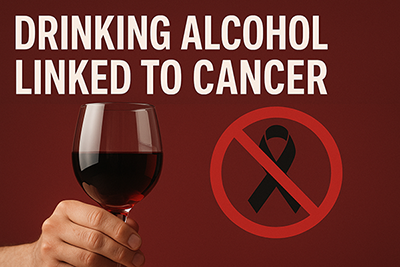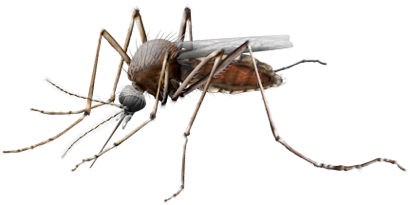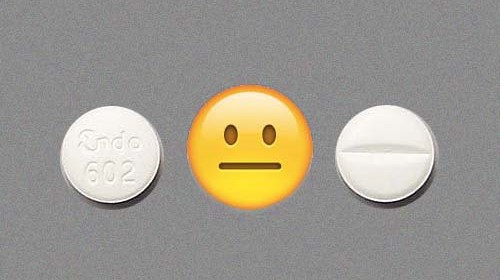The effects of Alzheimer’s on our brain

As humans get older, our brains shrink by about 15 percent, making us vulnerable to memory loss, dementia, and depression. But the brains of our closest relatives, chimpanzees, stay the same size throughout life, a new study has found. And while 50 percent of Americans over 85 suffer from Alzheimer’s, elderly chimps appear to have no similar problems. “The million […]
Read more







